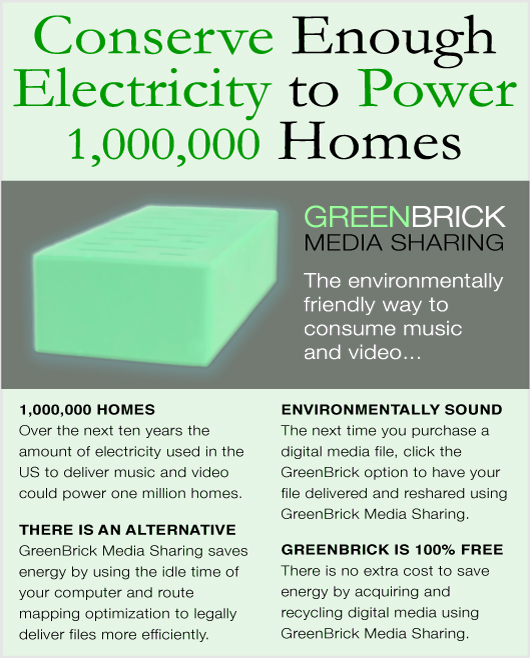 March 24, 2008
March 24, 2008 Capitalizing On Fan Feedback
Imagine you’re an independent DIY artist that’s just starting out. You’ve recorded some music and started promoting it online. The initial response is overwhelmingly positive. You get emails from friends and strangers saying they can’t stop listening to your tunes. People leave you MySpace comments saying your music is the best they’ve heard in years. Someone on a message board has declared your release their favorite album of the year.
Encouraged by this feedback, you decide it’s time to target bloggers, journalists, online radio stations, and other “tastemakers” in hopes of expanding your fan base. But as an unsigned artist without much of a track record, you know it will be hard to get these folks’ attention. Bloggers and DJs are inundated with new music every day from bands proclaiming how great they are. Without any significant press, tours, or other achievements to point to, you worry that you won’t be able to differentiate yourself from the pack. Maybe they’ll eventually get around to listening to what you send them, but you’re afraid you may get forgotten or ignored if you can’t prove in writing that you are special. You know your music is great, and that ultimately it will speak for itself. But before that can happen, you first have to speak for your music in a convincing way.
So how do you do it? Is there a way to leverage the listener feedback you’ve received to get more press and promotion? Could you use glowing MySpace comments and forum posts in the same way that bands traditionally use press quotes? Would writers or DJs find your supporters’ comments credible enough? Are they going to care what a bunch of no-name listeners have to say about you?
I’d love to hear your thoughts on this. It seems to me that exceptionally positive fan feedback should carry some weight, if organized and presented correctly… right? What do you think?
 Andrew Dubber
Andrew Dubber
One thing I'm forever telling independent artists is that Do It Yourself doesn't necessarily mean Do Everything Yourself. Everyone has skills and abilities as well as areas where they could do with a bit of assistance. Traditionally, that assistance has come with the help of a label. But not everyone needs a label anymore. What they need is a bit of help and/or guidance in the areas where they're not so strong.
I'm not convinced that every artist should be targetting bloggers, journalists and online radio stations on their own behalf. Some should - others should seek the professional assistance of marketing people of some stripe or another. Likewise production. Not everyone's a mastering engineer. Not everyone knows why you might want one.
Some people need the work done on their behalf - others just need a few pointers: how, where, why, who and what...
I agree that fan feedback and testimonials carry a lot of weight - but these things need to be woven into a bigger picture. It's worth remembering that when you want to do it alone... you don't have to do it alone.







